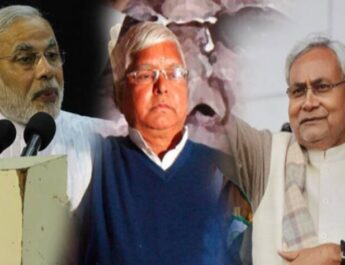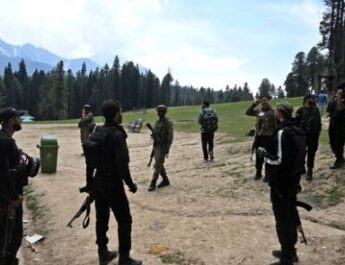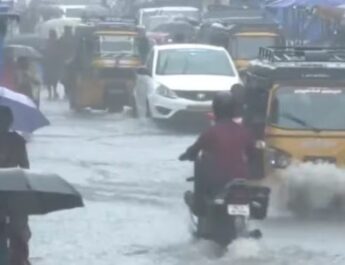New Delhi: In light of the escalating tensions following the Pahalgam terror attack that resulted in 26 fatalities, the UN Security Council is set to conduct closed consultations regarding the India-Pakistan situation on Monday. Pakistan, alarmed by India’s retaliatory actions, has requested an emergency meeting on the matter, according to news agency PTI.
As a non-permanent member of the 15-nation UNSC, with Greece holding the presidency for May, Islamabad has reportedly asked for these closed discussions to address the strain between the two nuclear-armed nations, which are scheduled for the afternoon of May 5. The UN Security Council comprises five permanent members with veto power: China, France, Russia, the UK, and the US, alongside ten non-permanent members including Algeria, Denmark, Greece, Guyana, Pakistan, Panama, South Korea, Sierra Leone, Slovenia, and Somalia. The Pahalgam terror attack claimed the lives of 26 individuals, primarily tourists.
In response, India has implemented several punitive measures against Pakistan, such as suspending the Indus Waters Treaty, revoking all visas issued to Pakistani citizens, and imposing a ban on imports from Islamabad. Last week, Ambassador Evangelos Sekeris, Greece’s Permanent Representative to the UN and President of the UNSC for May, expressed that if a request for a meeting regarding the Indo-Pak situation arises, it should be held, as it could provide an opportunity for dialogue and potentially ease tensions. He noted, ‘We are in close contact…but this is something which might happen, I would say, sooner rather than later. We will see, we are preparing.’
The Greek Ambassador emphasized that India’s status as a victim of cross-border terrorism from Pakistan is highly relevant. He reiterated, ‘As I have stated previously, we firmly denounce any form of terrorism, which is our stance regarding the atrocious attack in Kashmir.’
He also pointed out that while the UN Security Council condemns terrorism universally, it is equally worried about the escalating tensions in the area, noting, ‘Two significant nations are involved, with India being considerably larger than Pakistan.’
Jaishankar speaks to UNSC members
External Affairs Minister S. Jaishankar engaged with all Council members in the weeks following the Pahalgam attack, with the exception of China and Pakistan. He stressed the importance of holding accountable those responsible for the attack, including its planners and supporters.
Jaishankar also had a productive discussion with Greek Foreign Minister George Gerapetritis regarding the incident, expressing appreciation for Greece’s position on cross-border terrorism and highlighting the significance of their Strategic Partnership. Furthermore, he communicated with several key international figures, including UN Secretary-General Antonio Guterres, Russian Foreign Minister Sergey Lavrov, US Secretary of State Marco Rubio, UK Foreign Secretary David Lammy, and French Foreign Minister Jean-Noël Barrot.
UN urges India, Pak to exercise ‘maximum restraint’
In response to the April 22 attack, the United Nations called on both India and Pakistan to exercise ‘maximum restraint’ to avoid further escalation, with UN Spokesperson Stephane Dujarric condemning the attack and advocating for peaceful resolution of disputes through ‘meaningful mutual engagement’. Last week, Guterres reached out to both Jaishankar and Pakistani Prime Minister Shehbaz Sharif to denounce the Pahalgam attack.




